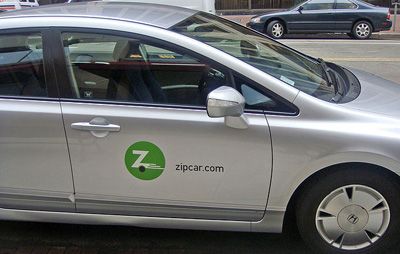Top Class Actions’s website and social media posts use affiliate links. If you make a purchase using such links, we may receive a commission, but it will not result in any additional charges to you. Please review our Affiliate Link Disclosure for more information.

Some courts have said that there are differences between forum selection and choice of law, i.e. where a case is heard and what state laws should be applied by the judge. However, the Supreme Court noted that “where a case is transferred to a new federal district court pursuant to a valid forum selection clause, the choice of law rules of the transferee venue control,” according to U.S. District Judge Thelton E. Henderson’s order.
If that is the case, then he would need to follow a 9th U.S. Circuit Court of Appeals ruling that focused on California’s Consumer Legal Remedies Act, provisions of which cannot be waived by plaintiffs who invoke them. In the case of a move to Massachusetts, protection laws from that state would govern and plaintiffs would lose the protection of a California code “which protects consumers against liguid damages clauses.”
That is the critical basis of the late fee class action lawsuit. The Class argues that Zipcar’s policies of charging $50 extra even if a vehicle is returned up to just one minute later up to $150 maximum. The CLRA requires that contracts with liquidated damages clauses such as late fees actually match up with the economic losses suffered by one party or the other. According to the plaintiffs, the loss of revenue to Zipcar is not commensurate with those figures.
That, along with the possibility of mandatory class certification via the CLRA mean that “plaintiffs should not be subject to this Court’s paternalistic determination that they would be fine under the protections of another state; rather, they are entitled to the specific protections provided by the legislature and courts of California,” according to the judge’s order.
The CLRA’s liquidated damages clause and related protections have been used in previous class action lawsuits, both regarding late fees as well as early termination fees now the subject of commercials on television regarding mobile carriers who will pay the ETFs of their competitors if a customer will switch.
The Class is represented by Scott A. Bursor, L. Timothy Fisher, Annick M. Persinger and Yeremey Krivoshey of Bursor & Fisher PA.
The Zipcar Late Fee Class Action Lawsuit is Bayol v. Zipcar Inc., Case No. 3:14-cv-02483, in the U.S. District Court for the Northern District of California.
ATTORNEY ADVERTISING
Top Class Actions is a Proud Member of the American Bar Association
LEGAL INFORMATION IS NOT LEGAL ADVICE
Top Class Actions Legal Statement
©2008 – 2024 Top Class Actions® LLC
Various Trademarks held by their respective owners
This website is not intended for viewing or usage by European Union citizens.














